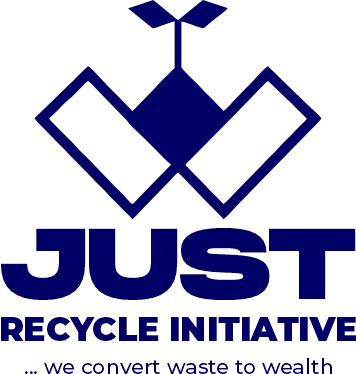Recycling as an Educational Tool for Secondary School Students
Integrating recycling education into the secondary school curricula offers a powerful opportunity to instill environmental stewardship, practical problem-solving skills, and community involvement in students. Engaging students in recycling projects helps understand the bigger consequences of waste management in all its dimensions of influence on the ecology, economy, and society, shaping habits and values at the formative stage.
Recycling education goes further than just sorting waste by teaching the need to conserve resources and be aware of the environmental consequences of waste, such as pollution and habitat destruction. Practical skills, such as identifying recycling materials and recycling symbols, acquired through such projects, make it possible for students to apply their knowledge in real-life situations. Involvement of the community in such projects teaches students the key issue of collective action and responsibility toward their local environment.
Successful recycling projects at schools can range from establishing school-wide recycling programs to conducting upcycling workshops and organizing awareness campaigns. These can really help students be at ease with creativity, innovation, and leadership. Friendly recycling competition further motivates the students to participate actively and make a tangible impact.
Lessons for recycling should be such that they can effectively be used for cross-curriculum study, apply interaction and project-based studies, in collaboration with local businesses, government agencies, and non-profit agencies, among others, to give the learner a broader way of understanding their practice. Regular reflection on their efforts helps students internalize the lessons and think critically about improving their practices.
For example, the 25 Drive at the Just Recycle Initiative is a good example of how students are being engaged in recycling education through practical projects, such as making furniture from old tires. This will greatly affect the participation and awareness of students on environmental conservation. The majority of the programs focus on proper education to help mold eco-friendly individuals in schools so that they can take with them the habit of sustainability into adulthood, which will affect career choices and community leadership, contributing to a sustainable future.
Stay tuned for more insights and updates on innovative environmental initiatives and educational strategies by following our blog and engaging with us on social media.




Comments
Post a Comment